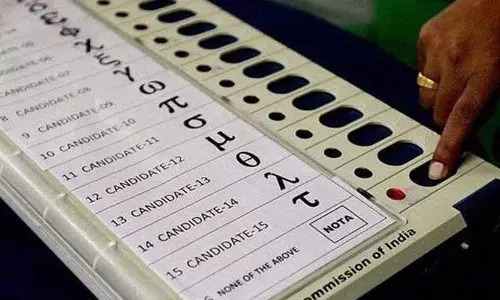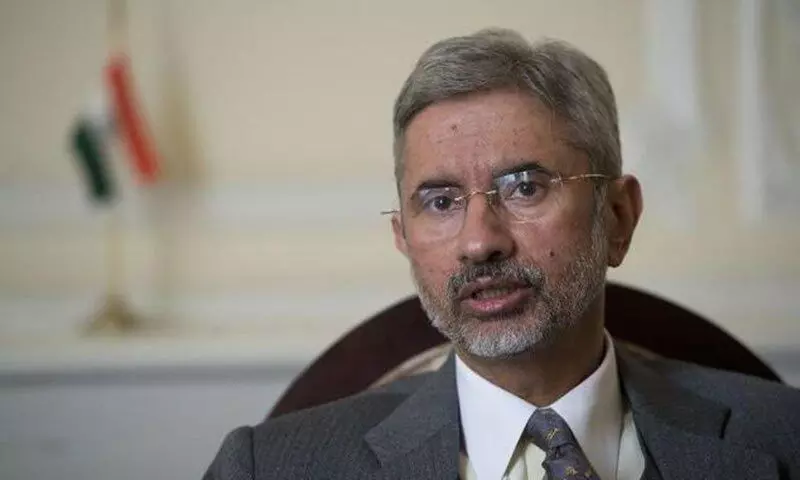
Afghan developments have 'very, very significant consequences' for region and beyond: S Jaishankar
text_fieldsExternal Affairs Minister S Jaishankar (file photo)
New Delhi: External Affairs Minister S Jaishankar has remarked that the latest developments in Afghanistan will have "very, very significant consequences" and claimed that India was not taken into confidence on various aspects of the US-Taliban deal signed in Doha last year.
Jaishankar highlighted two aspects about the current Afghan government, the issue whether Afghan will have an inclusive government and that Afghan soil is not used for terrorism against the rest of the world.
Speaking virtually at the annual leadership summit of the US-India Strategic Partnership Forum (USISPF) on Thursday, Jaishankar also suggested that India was in no hurry to deliberate on giving any recognition to the new dispensation in Kabul.
In an interactive session with former American ambassador Frank Wisner, the External Affairs Minister also said that the Quad or Quadrilateral coalition comprising India, the US, Australia and Japan is not against any country and denied it is not a ganging up or a negatively driven exercise.
India and the US are on the same page on many issues relating to the recent developments in Afghanistan including apprehensions about the possible use of Afghan soil for terrorism.
"I think, to some degree, we would all be justified in having levels of concern and to some degree, I think the jury's still out. When I say levels of concern, you know, there were commitments which were made by the Taliban, at Doha, I mean, the US knows that best I mean, we were not taken into confidence on various aspects of that," he said.
He said what had happened in Afghanistan, is going to "have very, very significant consequences for all of us, and we are so close to the region."
The minister said that the key concerns were addressed in the UN Security Council resolution in August and added that " the jury is still out" on whether the concerns are being addressed.
To another question on how India and the US looked at the situation in Afghanistan, Jaishankar said both sides are on a similar page, at a principle level on many of the issues, particularly on the possible use of Afghan soil for terrorism.
He said the issue figured in discussions between Prime Minister Narendra Modi and US President Joe Biden in Washington last week.
The minister also commented that between India and the US there would be issues on which both agreed more and some on which they agreed less.
"And let us say that has shaped in many ways, our view of some of the neighbours of Afghanistan. So now, how much, the US shares that view, and where is it that the US sort of makes its tactical compromises I think that is for the Americans to figure out," he said.
Asked whether it included a joint signal to Pakistan, he only said: "There are aspects that we share, and there are aspects where maybe our positions are not exactly the same."
To a query on Quad Jaishankar said "I think it's very important not to be sort of railroaded into some kind of negative discourse, which actually is not from our script, it is somebody else's script. And I don't think we should fall for that. I think we need to be positive," he said.
On the question of how to deal with the rise of China, Jaishankar said: "I would say, in many ways, those are bilateral choices that all of us have to make, we each have a very substantial relationship with China."
Jaishankar said it would be different for each country and added that the rise of China has had a very fundamental impact on the international order.
So as participants in the international order, we need to assess that and respond to that, in the light of our own interest. So I think it's sort of essential to look normalise this conversation," he said.
(Based on PTI with minor edits)


















